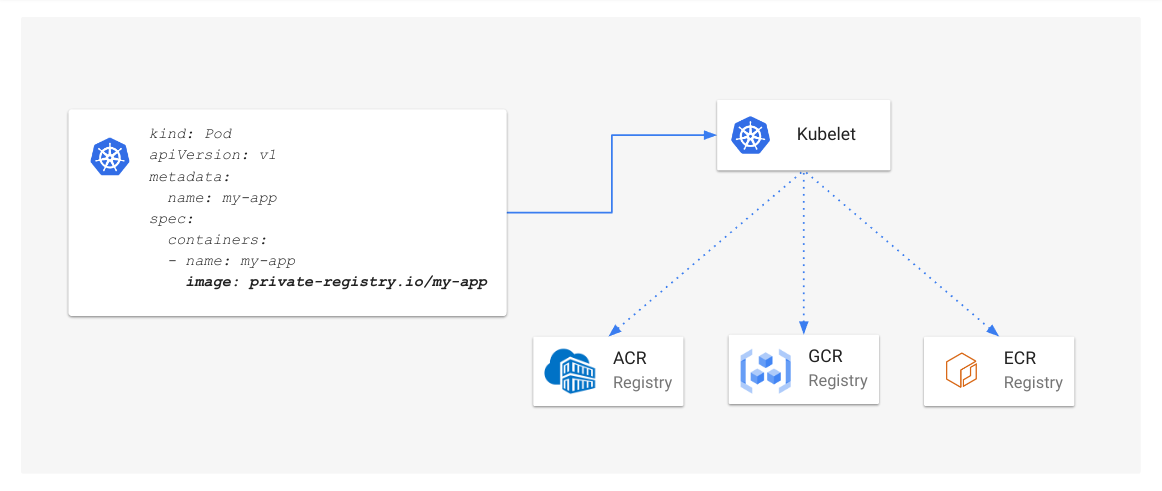Authors: Aldo Culquicondor (Google) The Kubernetes
1.26 release includes a stable implementation of the Job controller that can reliably track a large
amount of Jobs with high levels of parallelism.SIG Apps and WG Batch have worked on this foundational
improvement since Kubernetes 1.22.After multiple iterations and
scale verifications, this is now the default implementation of the
Job controller. Paired with the Indexed completion mode, the Job controller can handle
massively parallel batch Jobs, supporting up to 100k concurrent
Pods. The new implementation also made
Author: Francesco Romani (Red Hat)
The CPU Manager is a part of the kubelet, the Kubernetes node agent, which enables the user to allocate exclusive CPUs to containers.Since Kubernetes v1.10, where it graduated to Beta, the CPU Manager proved itself reliable and fulfilled its role of allocating exclusive CPUs to containers, so adoption has steadily grown making it a staple component of performance-critical and low-latency setups.Over time, most changes were about bugfixes or internal refactoring, with the following noteworthy user-visible changes:
support explicit reservation of CPUs
Author: Wei Huang (Apple), Abdullah Gharaibeh
(Google) Kubernetes 1.26 introduced a new Pod
feature:scheduling gates.In Kubernetes, scheduling gates
are keys that tell the scheduler when a Pod is ready to be
considered for scheduling.
What problem does it solve?
When a Pod is created, the scheduler will continuously attempt to find a node that fits it.This infinite loop continues until the scheduler either finds a node for the Pod, or the Pod gets deleted. Pods that remain unschedulable for long periods of
Authors: Fabio Bertinatto (Red Hat), Hemant Kumar
(Red Hat) Delegation of
fsGroup to CSI drivers was
first introduced as alpha in Kubernetes 1.22, and graduated to beta
in Kubernetes 1.25.For Kubernetes 1.26, we are happy to announce
that this feature has graduated to General Availability (GA). In
this release, if you specify a fsGroup in the security context, for a (Linux) Pod, all
processes in the pod's containers are part of the additional group
that you specified. In previous Kubernetes releases, the kubelet
would
Authors: Andrew Sy Kim (Google), Dixita Narang
(Google) Kubernetes v1.26 introduced generally available (GA)
support for kubelet credential provider plugins,
offering an extensible plugin framework to dynamically fetch
credentials for any container image registry.
Background
Kubernetes supports the ability to dynamically fetch credentials for a container registry service.Prior to Kubernetes v1.20, this capability was compiled into the kubelet and only available for Amazon Elastic Container Registry, Azure Container Registry, and Google Cloud Container Registry. Figure
1:Kubelet built-in credential provider support for Amazon
Figure
1:Kubelet built-in credential provider support for Amazon
Weitere Beiträge ...
- Blog: Kubernetes 1.26: Introducing Validating Admission Policies
- Blog: Kubernetes 1.26: Device Manager graduates to GA
- Blog: Kubernetes 1.26: Non-Graceful Node Shutdown Moves to Beta
- Blog: Kubernetes 1.26: Alpha API For Dynamic Resource Allocation
- Blog: Kubernetes 1.26: Windows HostProcess Containers Are Generally Available
Seite 7 von 19